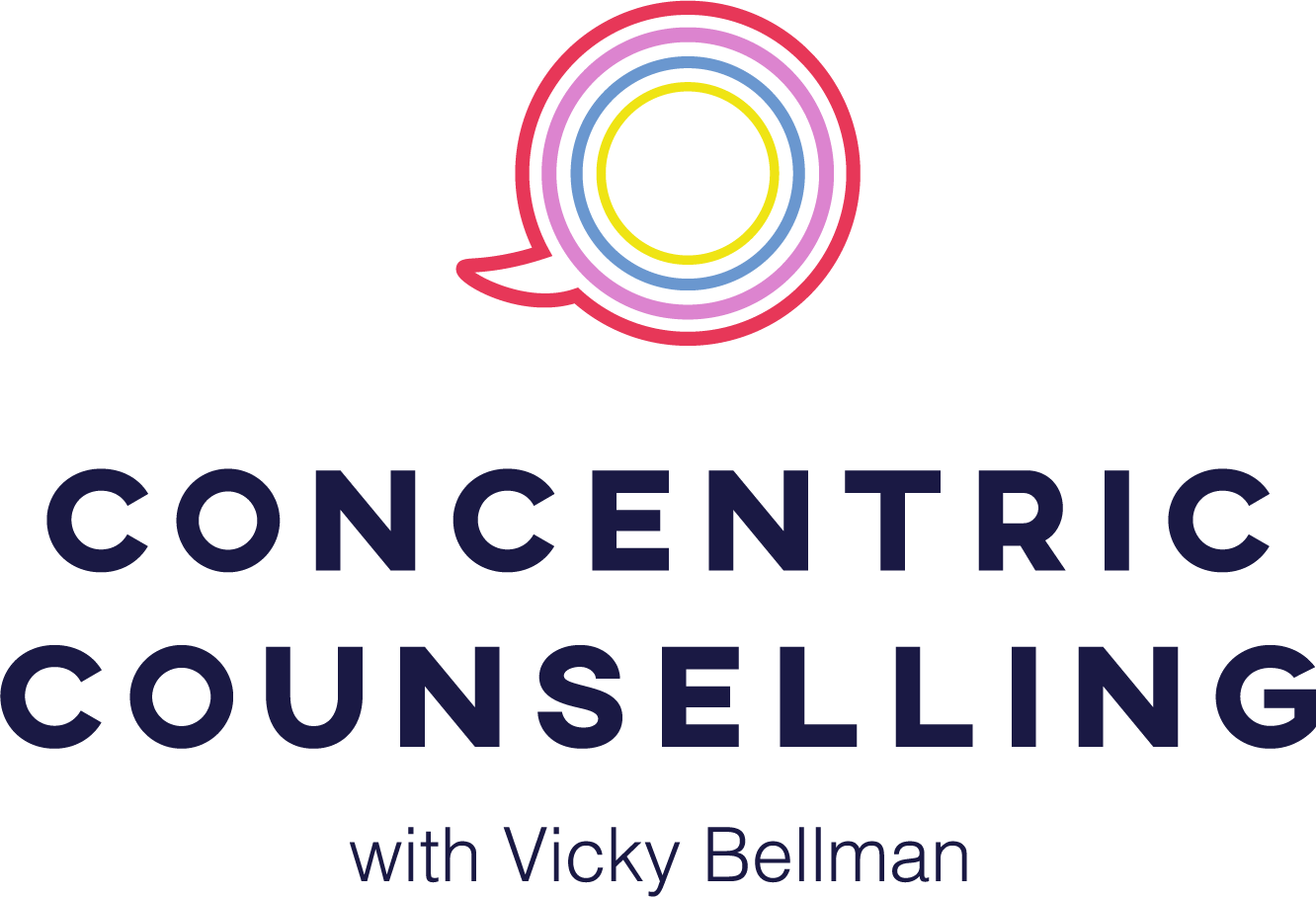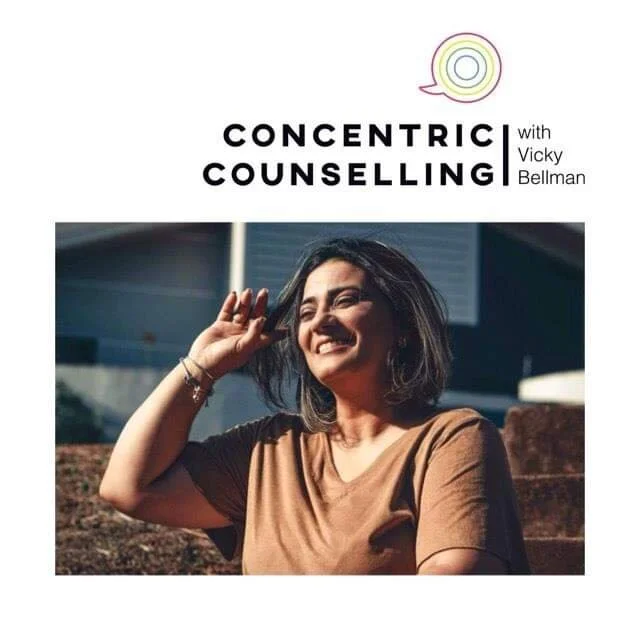What recovery restores... sense of self
It’s Eating Disorder Awareness Week 2020 here in the UK, and an opportunity for us not only to focus on the challenge of an experience of disordered eating and eating disorders, but also the opportunity and potential that is possible with recovery.
If you have been on the spectrum of disordered eating and eating disorders you will know, whatever your place on the continuum, how much is removed by the experience: it’s a thief of joy, of satisfaction, of health, of connection, and of freedom.
Recovery can sometimes be reduced to weight restoration. But, working from a non diet perspective and whole person approach, my hope lives in seeing clients restore other aspects of themselves as well: their capacity, their resilience, their happiness, their self compassion and their relationship with themselves and their communities.
When I spend time with clients, we are all to familiar with what they have lost to their experience, and grieving is such a necessary part of the process of recovery. Often, it can feel like the process will never end, and it’s difficult to keep sight of what is gained through the process of recovery.
So, this week I want to mark it down in writing - a few common aspects that disordered eating and eating disorders take away, and recovery restores…
recovery restores… A sense of self
Disordered eating is an all consuming experience. It consumes time, energy, hope and, perhaps most importantly, it so often consumes identity. We come to be defined by our experience - through our relationship with food and body, through our treatment and through the attendant features too - perfectionism, self-criticism and control.
Recovery is an often challenging experience, because it requires to dig deep and go to some scary places. But one of the huge payoffs is that we restore a sense of self. Not only that but, if there are aspects that you find are no longer serving you, you can refine your sense of self. Eating disorders can consume your sense of who you are, and recovery allows you to reclaim your identity. You do not have to be defined by your eating disorder - to yourself, or to anyone else. Your eating disorder may have needed to be front and centre, but a more satisfying sense of self is possible.
value
Restoring a sense of self happens organically through the process, but one big aspect is taking some time to consider your core values. These are values that you prize in other people, and in yourself. They aren’t what you do, they’re simply who you are. When you become lost within your experience of disordered eating, defining your core values and living in harmony with them, gives you a grounding in yourself as you navigate your recovery and move on into a satisfying life.
compassion
I’m sure you have a well developed inner critic - the negative inner voice who tears apart what you do, and feels like a sabotage to any progress you make. Well, I don’t think they get to run the show. So, rather than trying to smoosh them down, which takes a great deal of energy, my approach is instead to crowd that voice out from having all the space, by developing an inner coach/mentor/cheerleader - an affirmative voice that believes in you, and your capabilities, and answers back to the inner critic so they don’t get the only say in the room.
Self compassion is a practice, and one that takes time, but through your recovery it is something that you can restore for yourself - helping you to restore a compassionate sense of who you, and what you are inherently worth.
Head back tomorrow, when I’ll be sharing another aspect that disordered eating takes away, and recovery restores.
This article isn't a substitute for counselling, although I do hope it helps. If you this article has resonated with you, consider seeking professional support. You can work with me in London, Kent or online, by contacting me at hello@concentriccounselling.com or 07419 190930.











